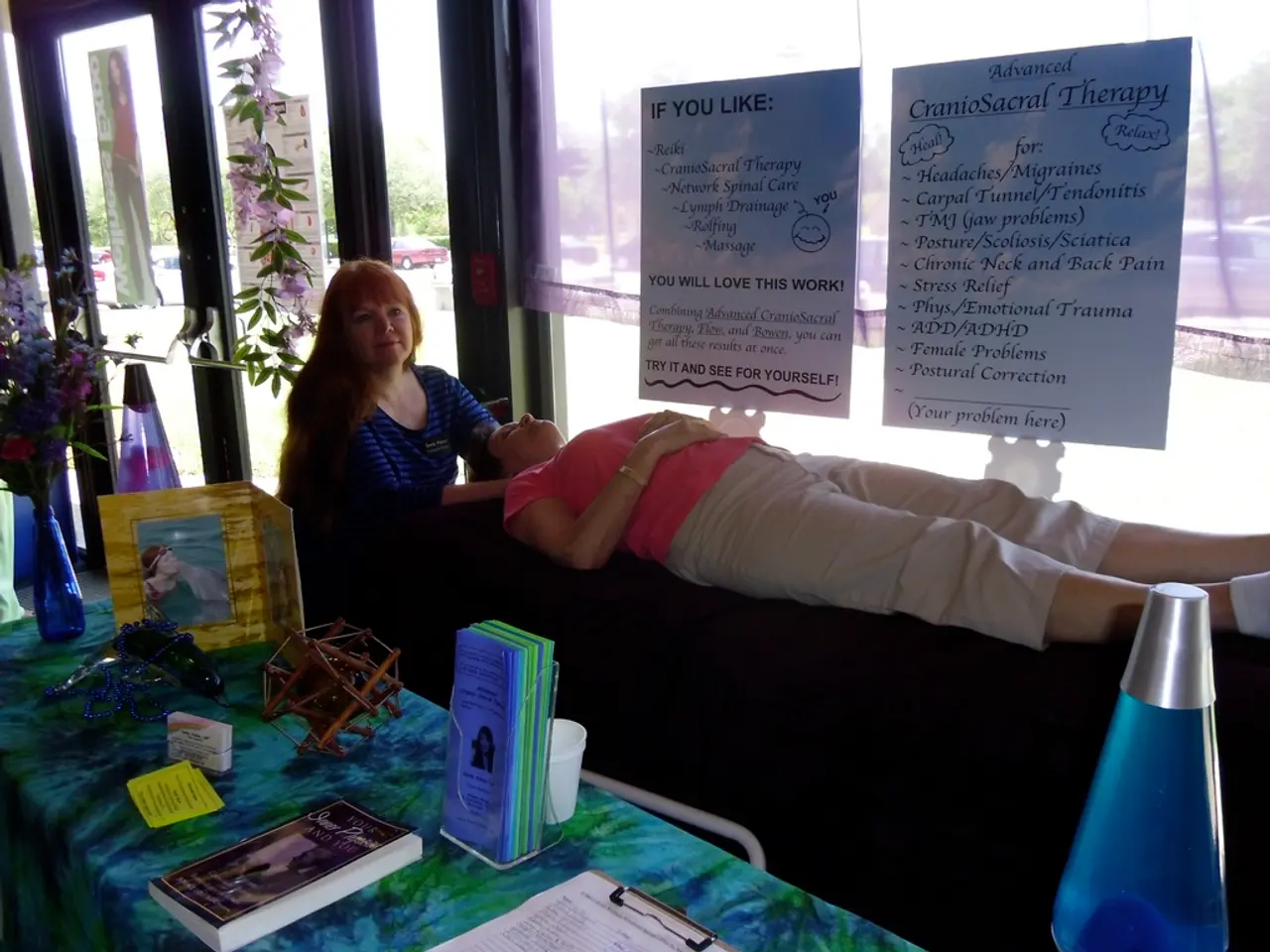Mental Health Struggles: Dealing with Depression and Despondency
Depression, often rooted in unmet childhood needs and traumas, can be a debilitating condition. It can lead to a state of paralysis and isolation, trapping us in a prolonged state of sadness. However, there are effective strategies to cope and find relief.
One of the most crucial approaches is talk therapy. Therapies that address past traumas and unmet childhood needs, such as trauma-focused CBT and interpersonal therapy, can help uncover personal insights, process trauma, and create healthy emotional regulation strategies.
Another valuable tool is mindfulness-based cognitive therapy (MBCT). This therapy combines mindfulness and cognitive behavioral approaches to help individuals become aware of and change negative thought patterns linked to depression, which is especially useful for preventing relapse.
Mindfulness practices and meditation can also help manage intense emotions and reduce rumination, fostering curiosity and hope that can alleviate depressive symptoms. Building a supportive network and engaging in balanced helping behaviors can shift focus away from depressive thoughts and encourage emotional regulation.
For some individuals, particularly when depression is severe or resistant to therapy alone, antidepressant medications may be prescribed to improve symptoms. Medication can be combined with therapy for better outcomes, guided by a healthcare professional. In treatment-resistant cases, advanced options like transcranial magnetic stimulation (TMS) or electroconvulsive therapy (ECT) may be considered, although these are typically for more severe or persistent depression.
To summarise the most effective approaches:
- Talk therapy targeting trauma and unmet childhood needs
- Mindfulness and meditation practices to calm rumination and increase present-moment awareness
- Developing coping skills such as gratitude exercises and balanced social support
- Medication when indicated, combined with therapy for enhanced effect
- Advanced treatments like TMS and ECT in treatment-resistant cases
These strategies should ideally be personalised and supervised by qualified mental health professionals to address the complex roots of depression stemming from childhood trauma.
In our journey towards healing, it's essential to remember that even in the darkest times, our true self remains unharmed. The Buddhist saying, "The sun is always shining," serves as a reminder that even in difficult times, we can find strength and hope.
Meeting someone who embraces life despite their circumstances can inspire us to take unprecedented risks and find happiness. It's a reminder that with the right strategies and support, we too can overcome depression and find a path towards healing and happiness.
Therapists using strategies like trauma-focused cognitive behavioral therapy (CBT) and interpersonal therapy can help uncover personal insights, process trauma, and create healthy emotional regulation strategies for mental health. Science has also shown that mindfulness-based cognitive therapy (MBCT) can be beneficial, allowing individuals to become aware of and change negative thought patterns linked to depression.




